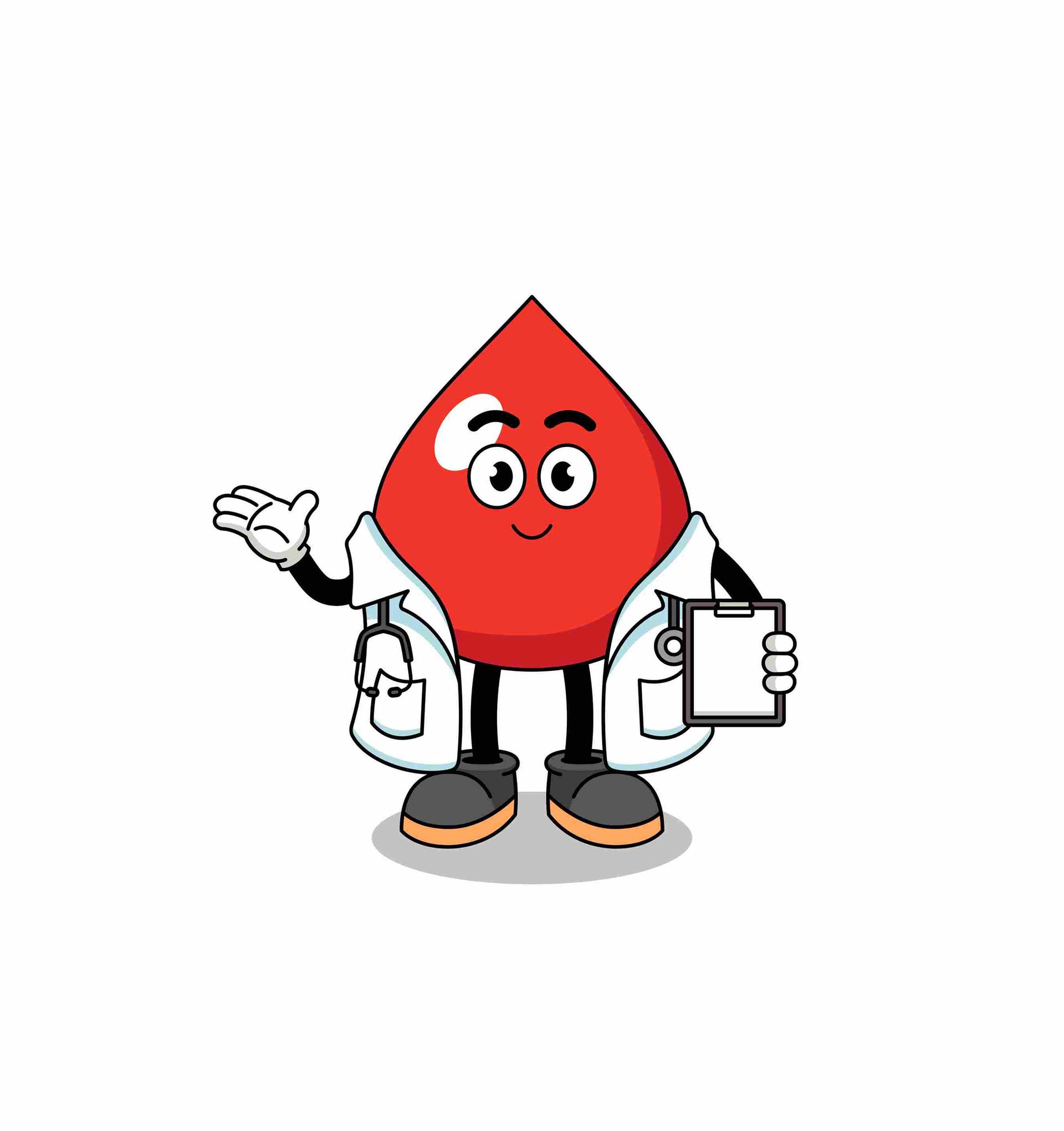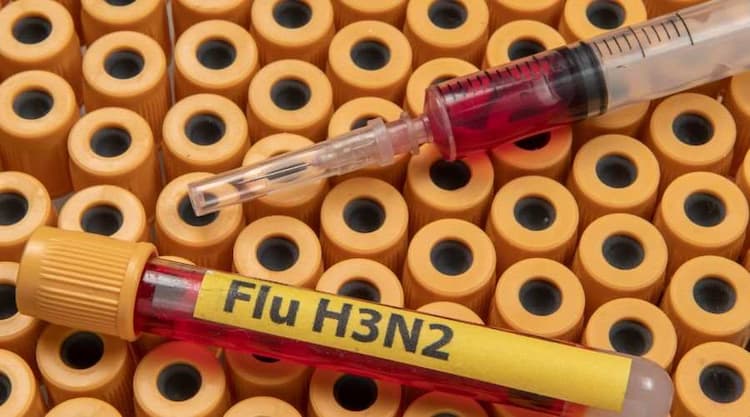RBC Count High, Good, or Bad? Symptoms, Causes, and Prevention

Medically Reviewed By
Dr. Ragiinii Sharma
Written By Kirti Saxena
on Jul 19, 2023
Last Edit Made By Kirti Saxena
on Mar 18, 2024

What does your red blood cell count mean when your red blood count is high? Polycythemia means your body is producing excessive numbers of red blood cells. People with polycythemia have a high hematocrit, hemoglobin, or red blood cell count from normal limits.
Having a normal red blood cell (RBC) count is important because RBCs deliver oxygen to all your cells, helping them grow, reproduce, and stay healthy. But when your body produces too many, your blood thickens and restricts the body's normal functioning, making you more prone to blood clots. A high number of red blood cells signifies various health problems and diseases. If your RBC count is high, you will feel dehydration, shortness of breath, weakness, increased heart rate, and headaches. Early detection through a blood test for high RBC may improve the chances of getting treated on time.
Here in this blog, we will discuss the high RBC count causes, symptoms, and how to prevent it.
What causes a high RBC count?
Several reasons lead to high RBC count, including:
- Dehydration: When the body lacks adequate water, it may stimulate the production of more red blood cells as a compensatory mechanism.
- Chronic lung disease: Chronic obstructive pulmonary disease (COPD), sleep apnea, or high-altitude living can increase red blood cell production to improve oxygen transport.
- Kidney disease: Impaired kidney function can result in low oxygen delivery to the tissues, leading to increased production of RBCs.
- Certain tumors: Certain tumors, such as kidney or adrenal gland tumors, release substances that stimulate the production of red blood cells.
- Smoking: Smoking can contribute to high red blood cell counts, affecting oxygen levels and stimulating the body to produce more red blood cells.
Other Medical Conditions:
- Congenital heart disease
- Hypoxia (low blood oxygen levels).
Having a high red blood cell count doesn't always forecast a serious health issue, but it should be assessed by a healthcare professional to know the actual cause. Your doctor may recommend additional tests to diagnose the specific cause and provide appropriate treatment if necessary.

What is the normal range for an RBC count?
The red blood cell count's normal ranges may vary based on age and sex. However, here is a normal range for RBC in adults:
| Normal RBC range (million cells/µL) | |
| Adult Female | 4.2 – 5.4 |
| Adult Male | 4.7 – 6.1 |
| Child, 1 – 18 years | 4.0 – 5.5 |
| Infant, 6 – 12 months | 3.5 – 5.2 |
| Newborn | 4.8 – 7.1 |
What is considered a high red blood cell count?
A high red blood cell (RBC) count shows that the RBC count exceeds the normal range. However, the slightly elevated red blood cell count range may vary based on sex and age. However, the high RBC counts range from:
- For men: Above 6.1 million RBCs per microliter (mcL) of blood
- For women: Above 5.4 million RBCs per mcL of blood.
If your test reports indicate a high RBC count, you must consult a healthcare professional to identify potential risks and take necessary precautions.
Tests recommended to diagnose high RBC count
If you are experiencing any symptoms that indicate high RBC counts, your healthcare expert will recommend the following tests.
- CBC test
- Haemoglobin test
- Hematocrit test
- Haemogram Test (CBC+ESR)
How to decrease red blood cells quickly?
The decrease in the high RBC count follows these preventive actions.
- Keep yourself hydrated: Drink plenty of water throughout the day, especially during periods, after exercise, or in hot weather.
- Healthy lifestyle: Adopt a healthy lifestyle, including a balanced diet, regular exercise, and avoiding tobacco and excessive alcohol consumption. A nutritious diet rich in fruits, vegetables, whole grains, and lean proteins can promote overall health and decrease the high RBC count.
- Manage chronic conditions: If you have chronic lung disease, kidney disease, or other health issues, strictly follow your treatment and medications.
- Avoid high altitude exposure: Limit your exposure to high altitudes if possible. High altitude can trigger the body to produce more RBCs in response to reduced oxygen levels.
- Regular check-ups: Schedule regular medical check-ups to monitor your overall health. Routine blood tests can help diagnose any changes in RBC count in the early stages.
It's always best to consult a healthcare professional for personalized advice based on your health profile. Choose Redcliffe Labs as your diagnostic partner and take a full body check-up package to find out the cause of your health concerns.

Can anxiety cause a high red blood cell count?
Anxiety does not directly cause a high red blood cell (RBC) count. However, anxiety can lead to physiological changes that may affect blood parameters, including a high RBC count.
Anxiety or stress releases stress hormones like adrenaline and cortisol. These hormones can temporarily increase heart rate and blood pressure, potentially affecting blood parameters. There is a high chance that anxiety-induced changes in the body's stress response may cause a high RBC count. However, it is best to consult with a healthcare professional if you are concerned about your RBC count or experiencing anxiety symptoms.
Diet to control high RBC Count
Polycythemia patients feel tired all the time. So you can't cut back on calories. Avoiding sweets and eating food (such as vegetables and whole grains) and lean proteins are the best ways to sustain energy. These will provide you with sustained energy throughout the day. Here are some diet recommendations that you can follow:
- Drink an adequate amount of water to maintain proper hydration.
- Eat fresh fruits and vegetables as they provide essential vitamins, minerals, and antioxidants.
- Take whole grains like oats, brown rice, quinoa, and whole wheat bread, which provide complex carbohydrates and fiber.
- Opt for lean protein sources such as poultry, fish, legumes, and tofu, as they provide necessary amino acids without excessive saturated fats.
- Include sources of healthy fats, like avocados, nuts, seeds, and olive oil, to improve cardiovascular health.
- Avoid processed or refined foods, like sugary snacks, fast food, and processed meats.
Is high RBC a problem?
A high RBC count can increase blood viscosity, making it thicker and affecting blood flow. This can pose various health risks, including an increased chance of blood clots, which may trigger serious conditions like deep vein thrombosis, stroke, or heart attack. People rarely visit a doctor specifically to check their red blood cell (RBC) count because there are usually no noticeable symptoms of changes in RBC concentration. But it is recommended by professional medical practitioners that you must undergo a blood test for RBC count at least once a year to avoid unnecessary health concerns. Redcliffe Labs offer free home sample collection from home at affordable prices. You will be diagnosed within 45 minutes with express slots and can avail of free report consultation with the best medical experts.
Leave a comment
1 Comments
Aarti sharma
Apr 25, 2024 at 5:00 PM.
Today i know about RBC details. ..
Myhealth Team
Apr 26, 2024 at 6:15 PM.
Good to know!



